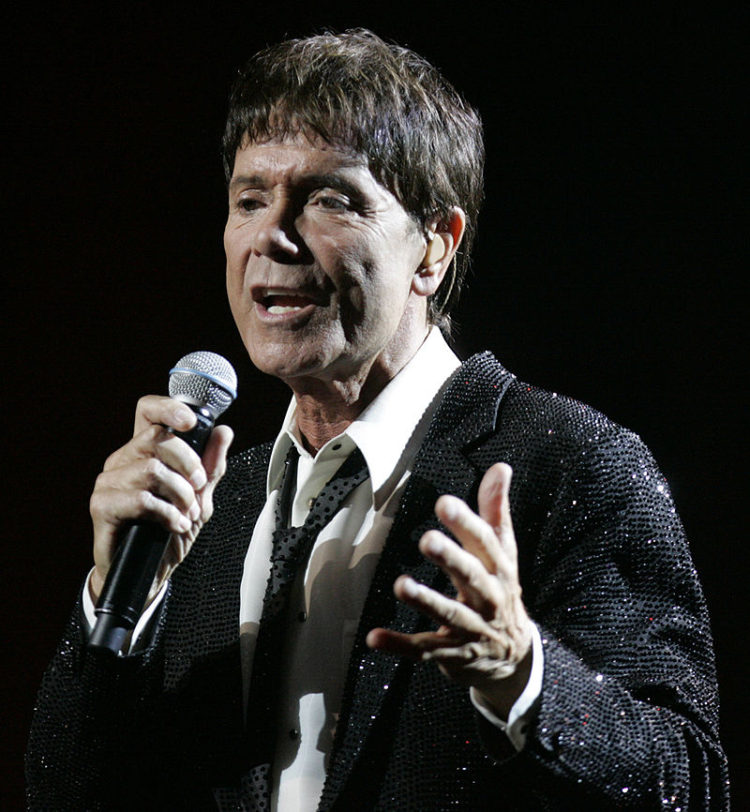By Eric King-
Sir Cliff Richard Will Have a tough battle against the BBC and Yorkshire police in his bid for damages.
Aggravated damages are being claimed against the force and the corporation by the 76-year-old singer, which includes a “significant” portion of his legal costs. Cliff Richard’s claims are partly based on a text exchange between a police press officer and a BBC reporter, said to have tipped the reporter off about the police raid on Sir Cliff Richard’s home in Yorkshire.
The UK singer says he was left feeling violated by the alleged deal between the broadcaster and the police, which reportedly caused him distress, humiliation, and damage to his reputation. Sir Cliff Richard believes that the media should not be allowed to reveal the names of individuals accused of sexual offences before they are at least charged or convicted. His recommendation sounds reasonable since an allegation does not equate a conviction. However, unless the law is changed to bar the press from publicly releasing information allegations made against about celebrities, the press will continue to have the right to print allegations made against celebrities.
Sir Cliff Richard’s £1.5, court battle includes the singer’s complaint that the police gave the BBC ”a running commentary of the raid on his home. He insists the BBC acted unlawfully, a claim yet to be determined by the high court battle filed by his lawyers. The legal grounds for his claim is likely to be kept secret until the case itself, though it will be very interesting to see how his lawyers argue his case. The BBC will most definitely use the public interest argument alongside the freedom of expression rights afforded to the press. How will Sir Cliff Richard’s lawyers dismantle this obvious and widely known right?
The publicising of the raid ethically seems wrong without concrete evidence that the allegation will hold up to scrutiny, but the BBC is a broadcasting Corporation that has the spreading of news at the heart of its endeavours. A raid on Cliff Richards home would have been considered difficult to resist by most news corporations, especially when attached to a news story in which a criminal offence had been alleged. Given the harm to reputation that can follow a heavily publicised allegation, stronger evidence that supports the allegation and makes a conviction more likely should exist before one’s reputation is hung out to dry.
Yet, with no law in place barring the press from revelation, ‘the public right to know’ what’s happening in the life of a celebrity – whether it be fair or unfair- is the weapon of the press as far as generally known. This case may yet highlight other issues or laws to challenge the general perception of media rights on matters like this, or set a landmark ruling that restricts the press on matters like these. It will be no easy battle for Sir Cliff Richard because the BBC are no mugs in this game.
A 26-page document for this court battle is said to show Sir Cliff Richard to have spent more than £1m on his lawsuit and is requiring a significant portion of his legal costs paid, and at least £200,000 in aggravated damages. We can be sure that the BBC will engage him in a hard fought battle. Legal arguments and presentation will determine the outcome. It will be interesting to see who wins.




